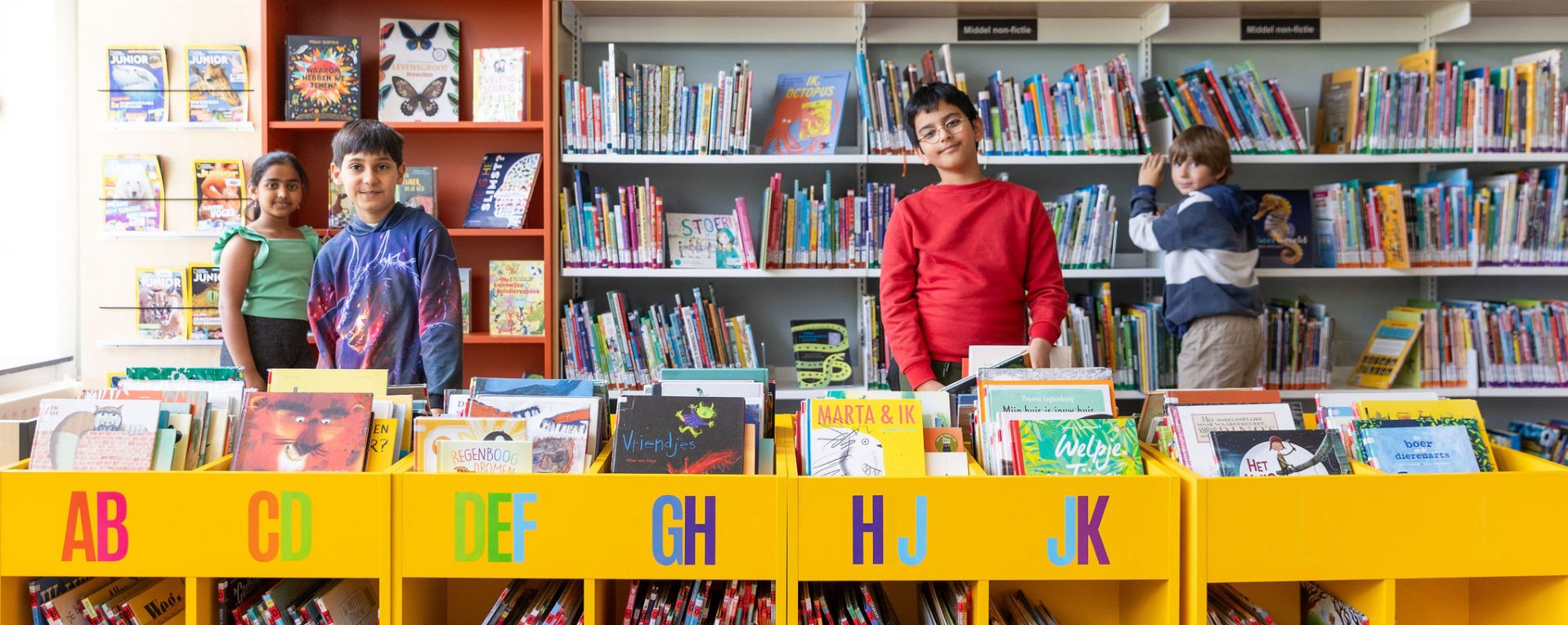
Rights and Responsibilities
Complaints procedure
Misunderstandings and mistakes can occur from time to time at any place of work and our school is no different. We encourage you to speak directly (and respectfully) with the person involved in case you have comments, criticism or complaints, but also when you have positive comments, ideas and suggestions. For example, if you have any complaints about a teacher, first speak to that person directly. If you feel that your complaint is ignored you can contact a member of the leadership team, this should be the Head of the appropriate department. Various types of complaints come to mind with different solutions. The best thing to do is to put these openly on the table and not allow them to fester. In case of a very serious complaint that you feel has not been addressed appropriately, you can start an official complaint procedure of the Vereniging Bijzondere Scholen [Association of Special Schools] (VBS). The regulations governing the complaint procedure may be obtained at the school.
Privacy
At the International school Eindhoven, we take care of the privacy of our students and employees. This is laid down in the privacy statement of our foundation. These regulations have been adopted with the approval of the MR.
The purpose of processing students’ personal data is for the optimal learning and guidance of our students and for the organisation that is necessary for this. In our privacy regulations you can read exactly what the purposes and principles are for the processing of these personal data for our school. We receive most of the personal data from parents. The student data is stored in our (digital) administration system ParnasSys. This program is secure and access to that data is limited to those who need the data to contribute to the purpose of the processing. We do not store personal data longer than is necessary for the purposes for which we collect the personal data.
During the lessons we use a number of digital learning resources. This requires a limited set of personal data to, for example, identify a student when logging into these resources. We have made clear agreements with our suppliers about the data they receive from us. The supplier may only use the student data if we give permission for this, which prevents misuse of that information by the supplier.
Parents have the right to view the student data of and about their child (ren).
Parents’ Committee
We offer many opportunities for parents/guardians to help create a healthy school climate. The Parents’ Committee consists of parent/guardian representatives and forms a link between parents/guardians and the school. The Parents’ Committee is active in many school matters, such as the organisation of the annual school fairs.
Each class has a class parent. This parent serves as the link between the teacher and parents of the relevant group and assists at various events during the year at the request of the teacher.
Participation Council (Medezeggenschapsraad – MR)
The Participation council is a management instrument that can exercise influence on the decisions taken by the School Board. The Participation council consists of eight members, four teachers and four parents/guardians. The tasks and authority of the Participation council are incorporated into a set of regulations. The election of the members of the Participation council occurs, if needed, once every year. Members may be re-elected. From the 2025/2026 school year, the Participation Council will be divided into two sub-councils: a sub-council for the Primary International and a sub-council for the Primary Dutch Bilingual.
If parents/guardians are interested in joining the Parents’ Committee or Participation Council, they can contact the current members (for names and contact information, please contact the school). The meetings of the participation council are public and you can always attend them as an observer.
Joint Participation Council (Gemeenschappelijke Medezeggenschapsraad – GMR)
In the GMR, supra-school policy matters of the primary schools that fall under the SILFO foundation are discussed, such as board formation, budget and vacation days. Here too, parents and employees are represented, often these are a delegation from the participation councils of the schools to ensure a good connection.
Responsibilities of divorced parents
As a divorced parent, it is your responsibility to inform management in writing which parent has legal custody of your child(ren) and how visitations are arranged. This information is important in order to avoid misunderstandings when, for example, requesting leave of absence. The school reports will be given to, and all contacts are maintained with, the parent with legal custody. It is his/her responsibility to inform the other parent. The ISE has a protocol for parents who are divorced or who are in the process of divorcing. This protocol describes the access arrangements for the student, who will pick up the student and who to contact in an emergency.
